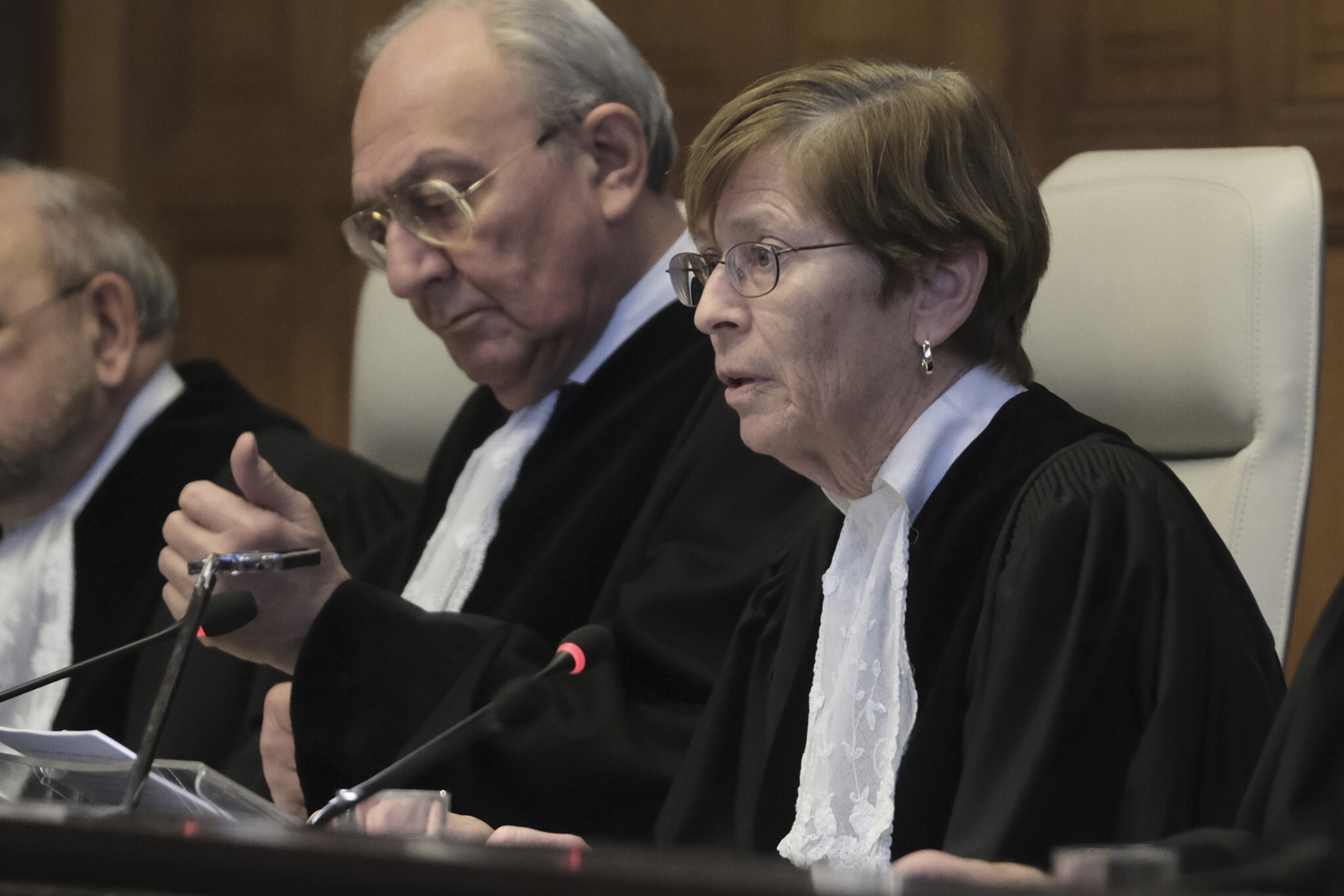The International Court of Justice (ICJ) has issued a significant ruling regarding the conflict in the Gaza Strip. The court found that some of Israel’s actions during the ongoing war against Hamas in Gaza could potentially fall within the terms of the Genocide Convention. Consequently, Israel must take a series of preventative measures.
The decision was made with a vote of 15-2, recognizing the “plausibility” of South Africa’s claims that Palestinians require protection from genocide. This decision, while impactful, stopped short of ordering an immediate, unilateral ceasefire. Such an order would have strongly suggested that the court believed genocide was actively occurring. Notably, the court refrained from using the word “desist,” which would have implied an active occurrence of genocide.
The ICJ’s provisional measures, as detailed in the ruling, do not explicitly determine how it might decide in the complete case process, which is expected to be lengthier. The court’s acceptance of plausibility in some of South Africa’s claims against Israel, however, might result in reputational and diplomatic repercussions for Israel.
Israeli Prime Minister Benjamin Netanyahu responded to the ruling, stating that the court’s decision not to demand an immediate ceasefire indicated a rejection of South Africa’s claim that Israel had no right to self-defense against Hamas’s October 7 atrocities. Netanyahu emphasized that the accusation of genocide against Israel was not only false but also outrageous.
